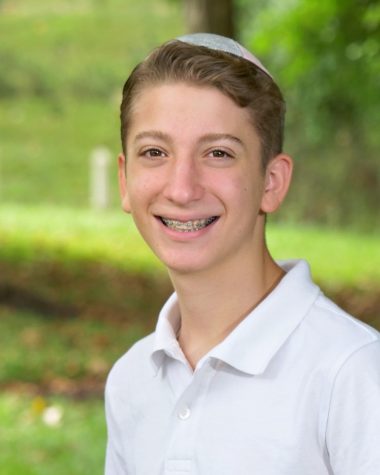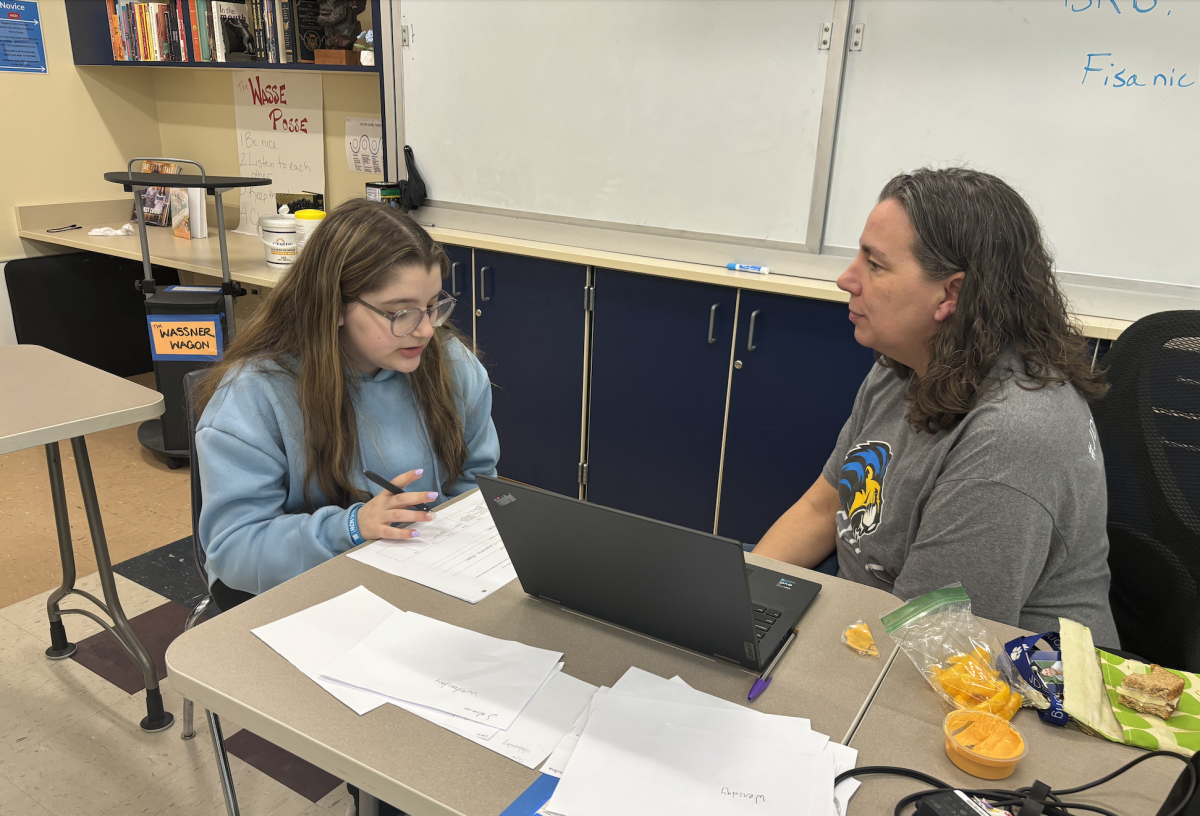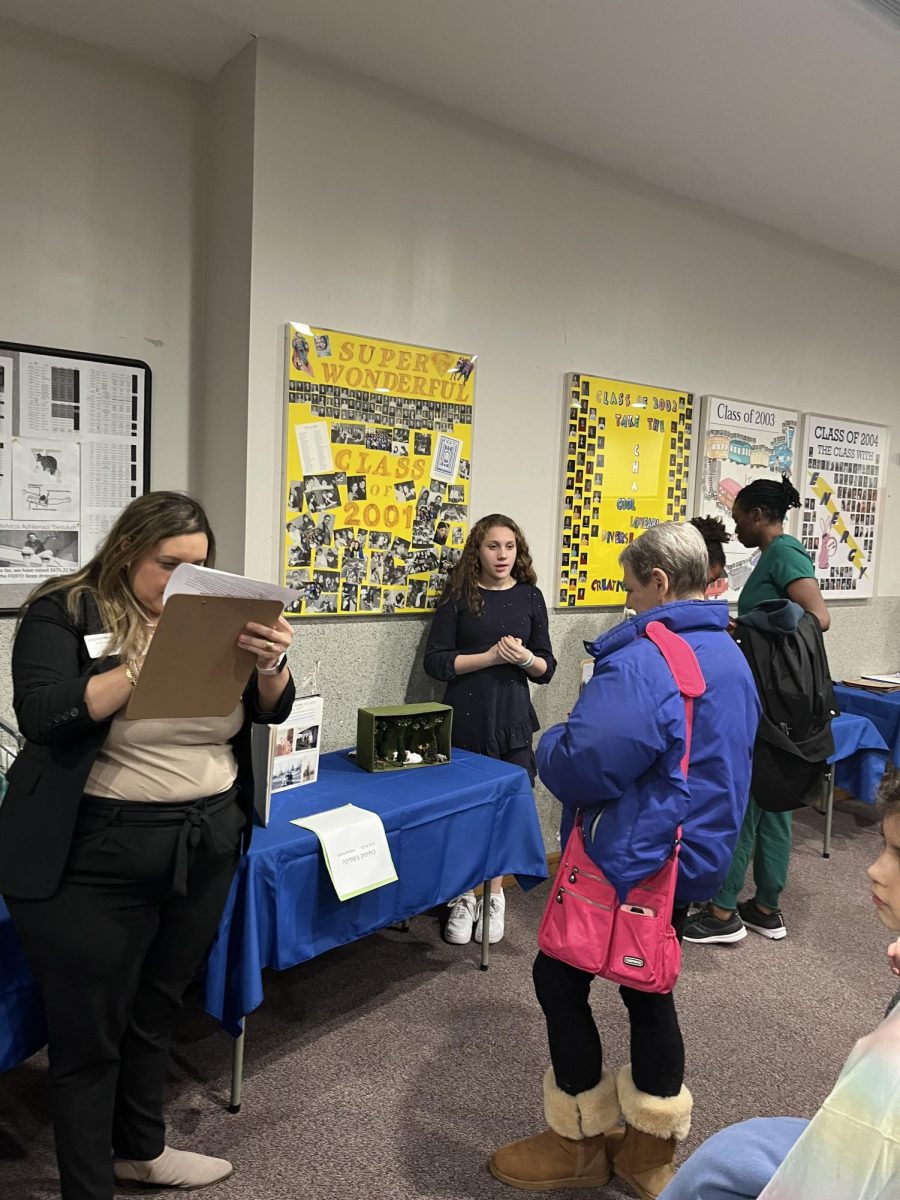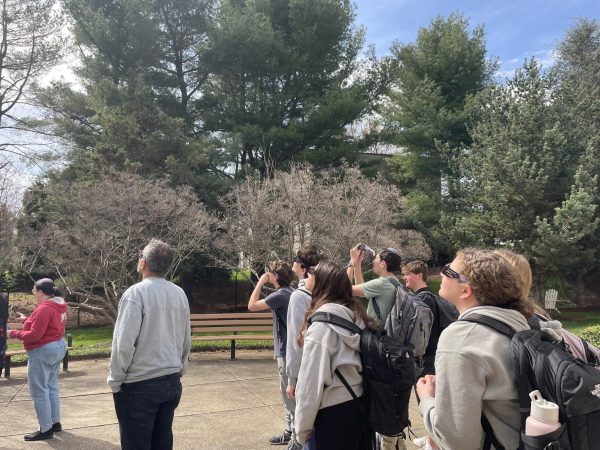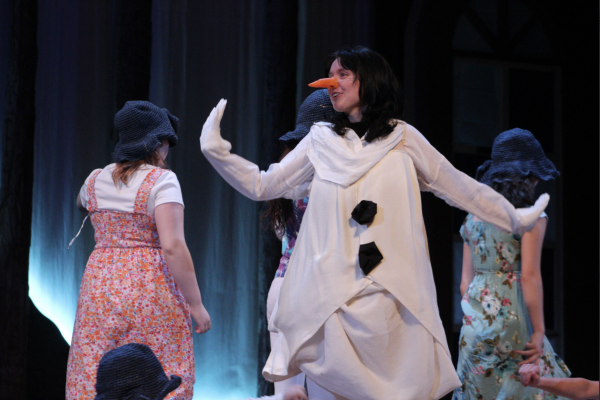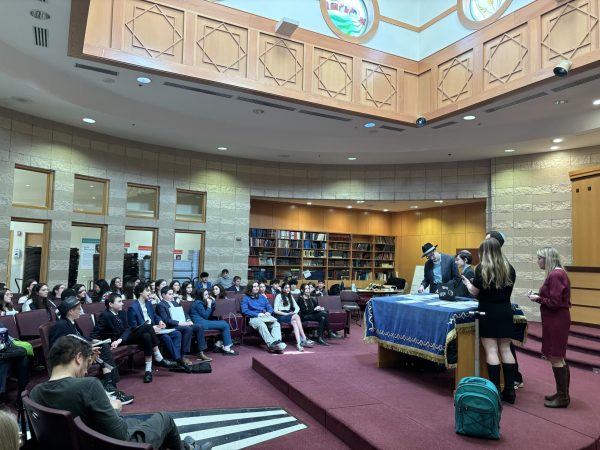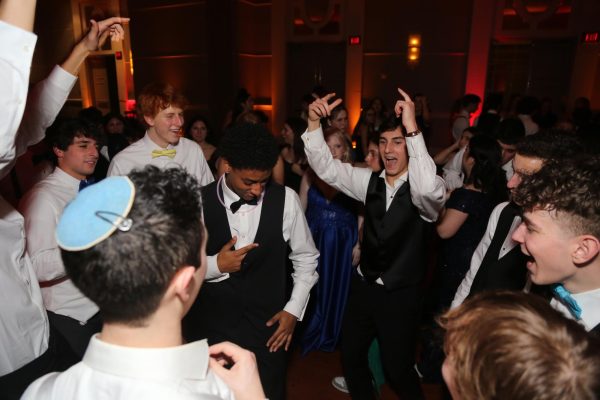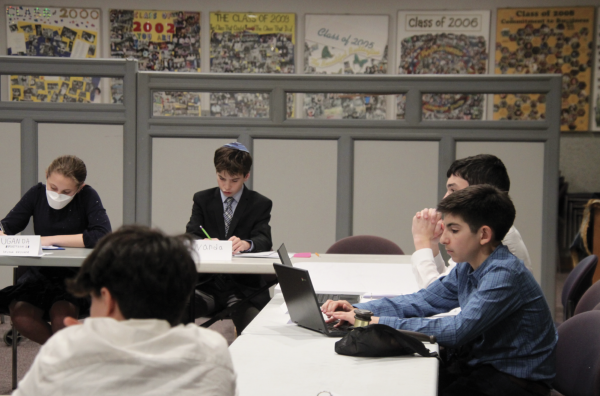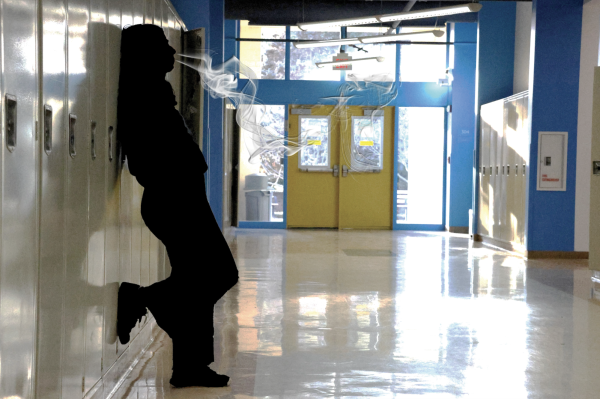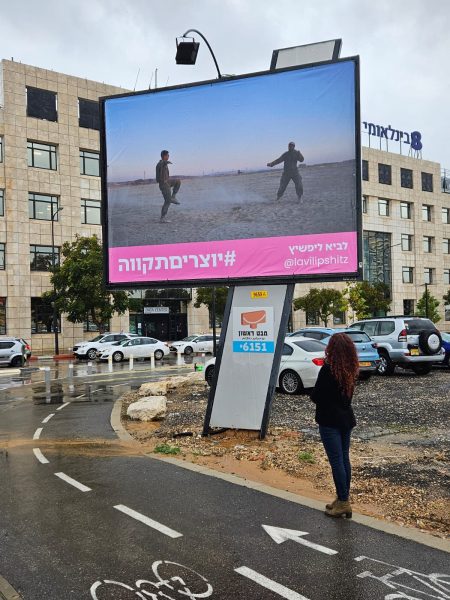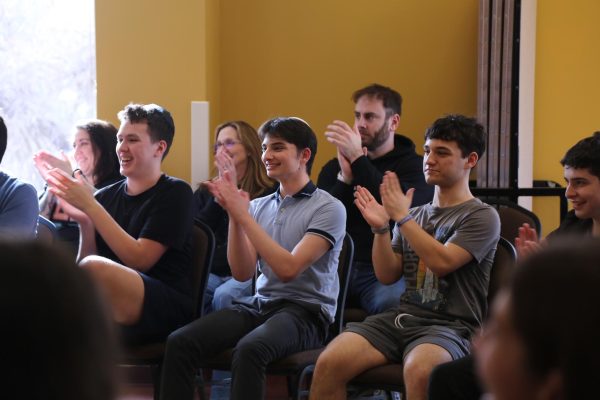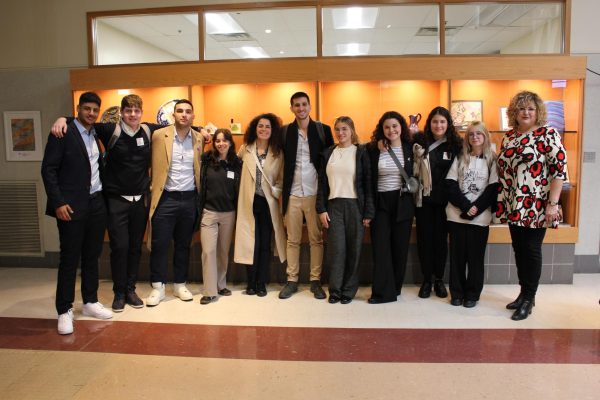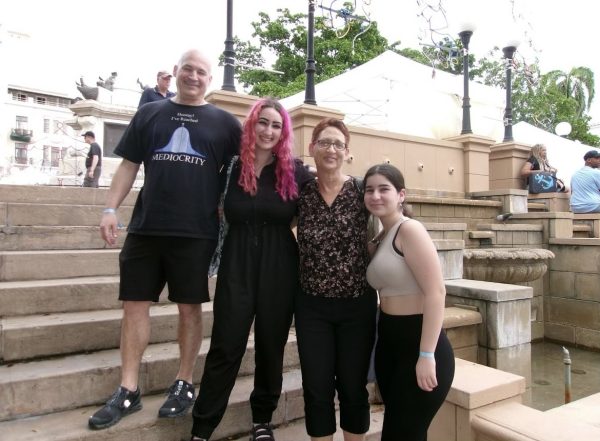“Alexa, write a headline”
March 18, 2023
A new form of artificial intelligence (AI) known as OpenAI began circulating in schools around the country, including CESJDS in early October. Unlike earlier forms of AI, such as Grammarly, that can correct grammar, punctuation and readability, OpenAI can generate text in a wide range of styles and for different purposes with remarkable precision, detail and coherency.
“I don’t think teachers can recognize when I copy and paste from AI, especially if I take the answer I got from AI and put that into a different rephrasing website,” an anonymous student said. “I have been using AI for several months now and I have not been caught. My teachers haven’t expressed any suspicion of my work and using AI has actually improved my grades.”
While JDS has no plans to prevent students from using AI, other schools in the U.S. have taken action to limit its use. According to NBC News, all New York City public school devices and networks OpenAI was banned in an attempt to preserve academic integrity. Despite this, many schools, including JDS, are working instead to educate students on how to use AI in productive ways that will benefit them in their future.
“I think my view of artificial intelligence is generally positive,” High School Principal and Upper School Campus Head Lisa Vardi said. “Rather than how can we stop students or block students from using it or how can we put filters or how we can be sure students are doing their own work, I think we have to lean in and say, ‘this is happening, and we need to teach students how to use it productively.’”
Some JDS faculty and staff have convened a few times to discuss how AI can be used effectively; however, at this point, conversations are still in the preliminary stages. Teachers are becoming increasingly aware of AI through these meetings, and some departments have taken it upon themselves to explore its capabilities.
There have been no explicit decisions made by the faculty and administration, and no formal conversations with the entire student body regarding how it should be used. As a result, many students have used AI for class, submitting responses for grades.
“OpenAI is definitely my preferred form of AI because it has answers for everything,” the anonymous student said. “Other than using AI for entertainment purposes, like asking it to write you a song and seeing what it comes up with, it’s also just very detailed. I can even ask AI to cite sources in a certain style, and it will come up with various links and citations. I haven’t asked AI a question that it hasn’t been able to answer.”
While AI has astounding capabilities, nothing can compete with the human mind. The student noted that while AI can often provide answers to objective questions, the technology cannot replicate humans.
Therefore, to ensure students are producing their own work, some departments, specifically the history department, use an AI detector.
“The key is for a student to use AI to increase the power and capabilities of your own brain, rather than doing your thinking for you,” high school history teacher Carl Atwood said. “Use AI to evaluate and question your own arguments, identify new avenues of research for you to engage in or expose you to new perspectives or writing styles.”


